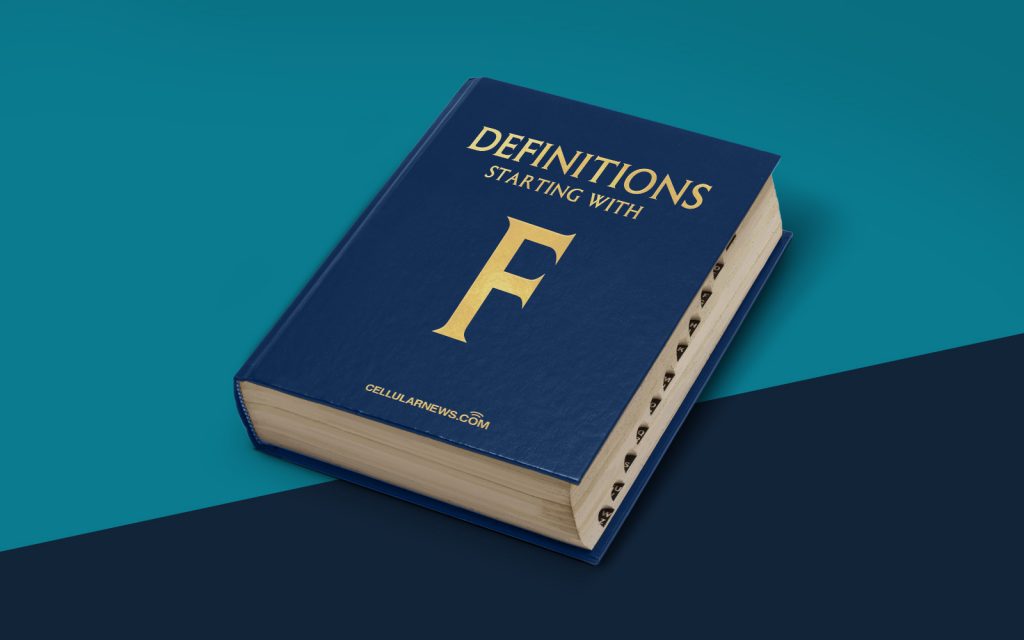
What is the Family Educational Rights and Privacy Act (FERPA)?
Welcome to another informative blog post in our “DEFINITIONS” category! In today’s post, we will explore the ins and outs of the Family Educational Rights and Privacy Act (FERPA). If you’re wondering what FERPA is and how it impacts students and educational institutions, you’ve come to the right place!
Key Takeaways:
- FERPA is a federal law that protects the privacy of student educational records.
- Under FERPA, students have the right to access and control their own educational records.
So, let’s dive deeper into the subject. FERPA, also known as the Buckley Amendment, is a federal law that was enacted in 1974 to protect the privacy of student educational records. Its purpose is to ensure that students have control over who has access to their educational information and to establish guidelines for the release of such records.
Under FERPA, educational institutions that receive federal funding are required to adhere to certain privacy standards. This means that schools, colleges, and universities must obtain written consent from students or their parents/guardians before disclosing any personally identifiable information from the student’s educational records. Such information can include grades, transcripts, class schedules, disciplinary records, and more.
FERPA also grants students the right to review their own educational records and request amendments if they believe the information is inaccurate or misleading. This level of control ensures that students can take an active role in their education and have a say in how their personal information is shared.
It’s important to note that FERPA generally prohibits educational institutions from disclosing personally identifiable information without consent. However, there are exceptions to this rule. For example, schools may disclose information to appropriate parties in cases of health or safety emergencies, or when required by law.
Additionally, FERPA also provides guidelines regarding directory information. Directory information includes non-sensitive details such as a student’s name, address, email, and phone number. Educational institutions may disclose directory information without consent unless the student or their parents/guardians have specifically requested otherwise.
Compliance with FERPA is crucial for educational institutions to protect both their students’ privacy and their own funding. Violations of FERPA can result in severe consequences, including the loss of federal funding and legal action.
Key Takeaways:
- FERPA is a federal law that protects the privacy of student educational records.
- Under FERPA, students have the right to access and control their own educational records.
So, whether you’re a student, a parent, or an educational professional, it’s important to understand and comply with FERPA regulations. By doing so, you can ensure the confidentiality and privacy of educational information, giving students the autonomy they deserve.
That concludes our exploration of the Family Educational Rights and Privacy Act (FERPA). We hope this blog post has provided you with a clear understanding of the law and its significance. Be sure to stay tuned for more informative content in our “DEFINITIONS” category!
